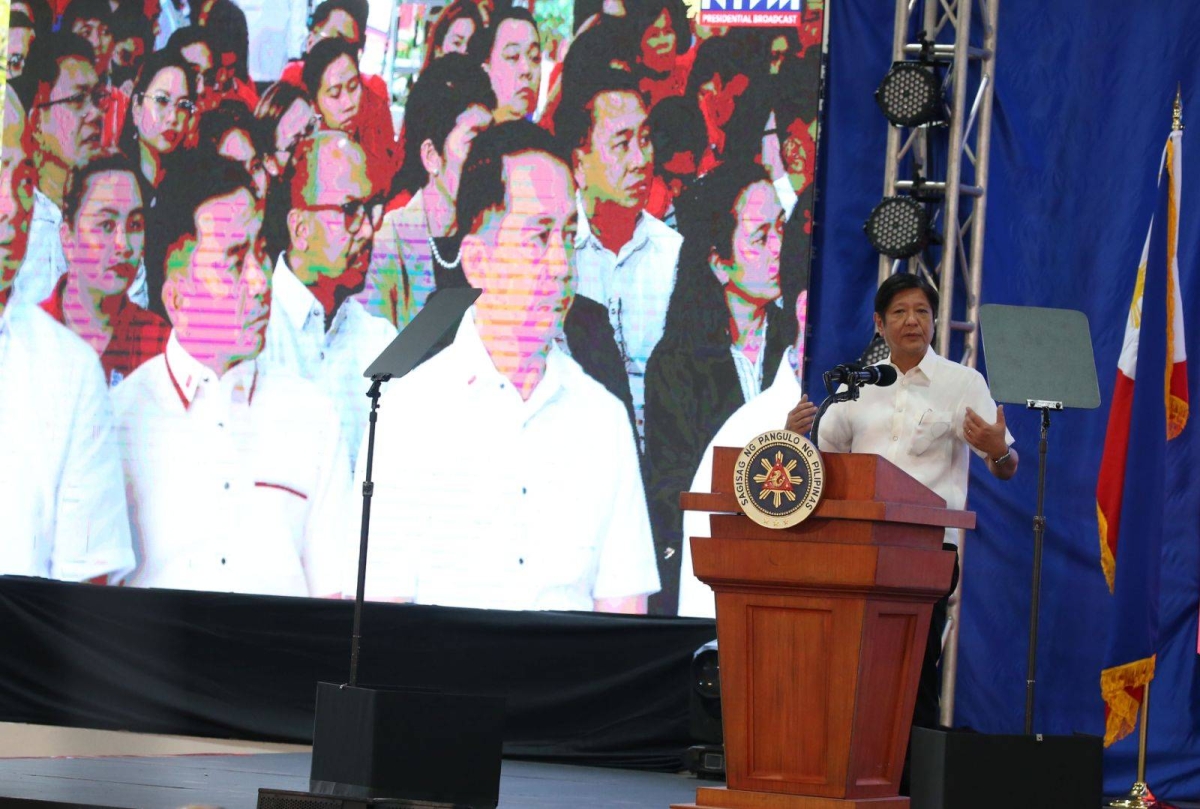President Ferdinand Marcos Jr. has taken a significant step towards addressing poverty and economic inequality in the Philippines by institutionalizing the “Pag-abot Program” of the Department of Social Welfare and Development (DSWD), extending its benefits to street dwellers. This move, as outlined in Marcos’ Executive Order 52 signed on Thursday, aims to provide a platform for enhanced and unified delivery of services to vulnerable and disadvantaged children, individuals, and families living in street situations.
The Pag-abot Program, which has been lauded by the DSWD, offers a range of support to indigents. This includes transportation/relocation and financial assistance, transitory shelter assistance, livelihood assistance, as well as employment assistance. Moreover, the program has been augmented with psychosocial support, capability building of local government units, and community assistance, recognizing the multifaceted nature of the challenges faced by street dwellers.
The institutionalization of the Pag-abot Program through Executive Order 52 demonstrates President Marcos’ commitment to addressing the needs of those living in poverty and ensuring the effective delivery of services to disadvantaged and vulnerable individuals in the streets. By recognizing the significance of this initiative pioneered by DSWD Secretary Rex Gatchalian, President Marcos has taken a proactive step towards creating a more inclusive and equitable society.
To ensure the alignment of objectives and coordination of activities across various government agencies, President Marcos’ executive order establishes an interagency committee. This committee will be headed by the DSWD secretary, with the secretary of the Department of Interior and Local Government serving as the vice chairman. The creation of this committee reflects the government’s intention to foster collaboration and synergy among different agencies, maximizing the impact of the Pag-abot Program and its benefits for street dwellers.
This development is a positive stride towards addressing the complex issue of poverty and economic inequality in the Philippines. By institutionalizing the Pag-abot Program, the government aims to provide a comprehensive support system to those in need, empowering them to improve their circumstances and break free from the cycle of poverty. The program’s focus on not only providing immediate assistance but also facilitating long-term solutions, such as livelihood assistance and employment support, showcases a holistic approach to poverty alleviation.
It is crucial to recognize the significance of this initiative within the context of the Philippines’ local laws, customs, and societal challenges. Poverty and economic inequality persist as pressing issues in the country, and the institutionalization of the Pag-abot Program represents a tangible effort to address these concerns. By extending its benefits to street dwellers, the government acknowledges the unique vulnerabilities faced by this marginalized group and seeks to provide them with the necessary support to improve their lives.
In conclusion, President Marcos Jr.’s institutionalization of the Pag-abot Program is a significant step towards addressing poverty and economic inequality in the Philippines. By recognizing the importance of this initiative and establishing an interagency committee to ensure coordination among government agencies, the government is demonstrating its commitment to providing comprehensive support to street dwellers. This program, with its range of assistance and focus on long-term solutions, has the potential to uplift vulnerable individuals and families, empowering them to build a brighter future.







